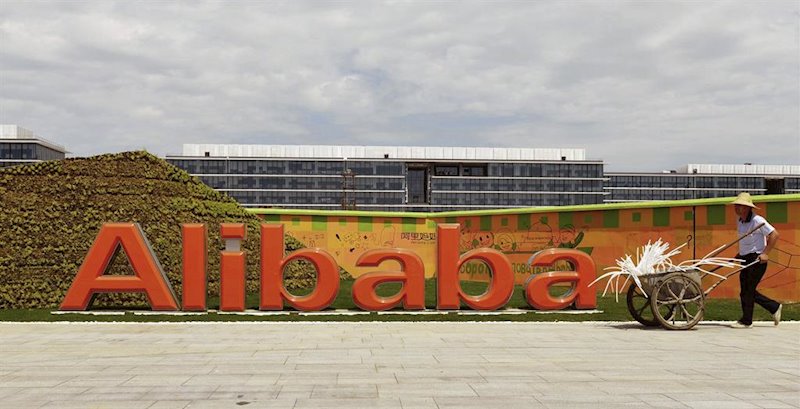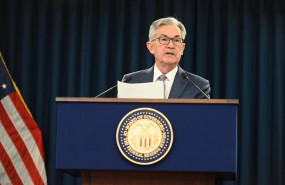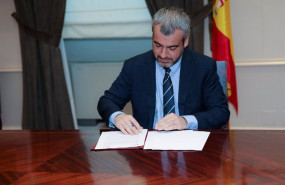
The Ibex 35 has broken this morning the support it had in the very short term at 8,542 points and has extended the falls to the minimum of the bullish gap that was left at 8,492 points on March 29. Although around these levels, and after yielding 1%, it has started to rebound and now loses 0.35% (8,535 points).
- 11.436,800
- -0,27%
Within the selective, the decreases in Siemens Gamesa, Solaria and PharmaMar have stood out (there is still no news about the approval of phase III of its Aplicov trial), although IAG and Aena also fell with enthusiasm. On the positive side, Sabadell, Mapfre and BBVA have been the best, while the rest of the European indices have closed flat or with slight cuts.
Stock exchanges face the beginning of the earnings season on the other side of the Atlantic this week. JP Morgan, Wells Fargo and Goldman Announce First Quarter Accounts Wednesday; Bank of America, Citigroup and BlackRock will report theirs on Thursday and Morgan Stanley and Bank of New York Mellon will release their numbers on Friday. Along with business results, investors will continue to be very aware of everything related to vaccines and the evolution of the vaccination process.
In Asia, the red numbers have clearly been imposed this morning due to concern about the rebound in Covid cases. There has been news regarding Alibaba, which has risen strongly despite receiving a millionaire antitrust fine (2.8 billion dollars) by the Chinese authorities this weekend. The increases are due to the fact that it has not been as serious as it could have been (it represents approximately 4% of sales), the analysts explain. "However, it is intention that counts and investors seem concerned that Alibaba is not the last Chinese tech giant in the line of fire for fines," said Jeffrey Halley, Asia Pacific analyst at Oanda.
POWELL: IT IS "VERY UNLIKELY" THAT THE FED WILL RAISE RATES THIS YEAR
The president of the Federal Reserve (Fed), Jerome Powell, spoke this Sunday on CBS's '60 Minutes' program to tell Americans that the economy is going to start growing strongly, but that they should not expect that central banks interest rates start to rise as a result.
Asked when the Fed will start to "hit the brakes," Powell replied: "What we have said is that we would consider raising rates when the labor market recovery is essentially complete and we return to maximum employment, and inflation is back on track. our 2% target and is on track to move above 2% for some time. "
"It will take a while until we get that," he said, adding that it is "very unlikely" that the Fed will raise rates this year.
This Monday's agenda included retail sales in the euro zone for the month of February (they have risen 3%, double what was expected). Throughout the week, attention will also focus on the latest CPI figures that will be released, such as that of the United States on Tuesday, Spain's on Wednesday or the Euro Zone's on Friday.
At the business level, Acciona has held a shareholders' meeting and approved the listing of its renewable energy subsidiary, and Aena has announced the signing of loans for 700 million with various entities to reinforce its liquidity. In addition, Rovi (+ 4%) has announced that it is expanding its agreement with Moderna and that it will participate in the manufacture of the active principle of its vaccine against Covid.
OTHER MARKETS
The euro rises in value 0.1% and changes to 1.1903 dollars. Oil is trading 2% higher, with Brent at $ 64.06 and West Texas at $ 60.30.
Gold and silver fell to $ 1,731 and $ 24.80, respectively.
Bitcoin is up 0.7% to $ 60,122, and Ethereum is flat at $ 2,151.
The yield on the 10-year American bond rises to 1.67% and the 10-year Spanish bond rises to 0.39%.




